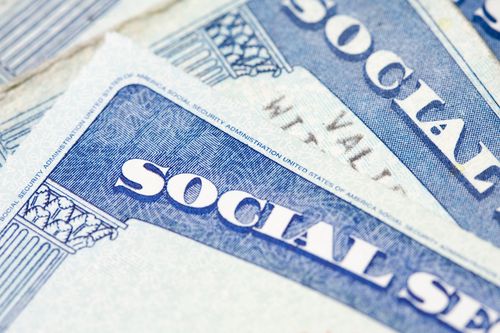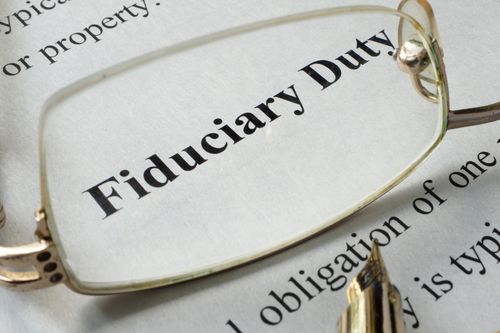Economic sentiment saw improvements following last November’s election, with increases in consumer confidence and small business owner confidence. However, just three months into 2025, sentiment has started to deteriorate. The University of Michigan’s Consumer Sentiment Index plunged 11% in March and is now down 27% over the past year. This decline reflects falling confidence among consumers of all political affiliations.
Resurgent inflation fears are partially responsible for the declining sentiment. Year-ahead inflation expectations rose to 4.9% in March, the highest level since late 2022, and consumers’ long-run inflation expectations posted the largest single-month increase since 1993. Additionally, the percentage of consumers worried about losing their job has risen to levels previously seen during recessions, while the share of consumers who expect business conditions to worsen over the next year has reached nearly 60%, the highest level ever recorded. Consequently, the median expected increase in household earnings fell to the lowest level since early 2020.
Small business owner sentiment, as measured by NFIB’s Small Business Optimism Index, has held up better than consumer confidence in recent months, falling slightly in January and February but remaining well above pre-election levels. This stability may be due to favorable policies for small business owners.
Other confidence measures have also deteriorated in recent months. The share of CEOs expecting business conditions to improve over the next 12 months fell from 64% in November to 39% in March, according to the Chief Executive Group CEO Confidence Index. Homebuilder confidence is down 17% over the past two months, as rates remain elevated, and tariffs put upward pressure on lumber prices.
Despite this, hard data shows resilience. Retail spending is slightly down, but employment growth is strong, existing home sales are up, and inflation is manageable. Initial claims for unemployment insurance are up only slightly on a year-over-year basis and are still low by historical standards.
It’s clear that declining sentiment is more the result of on-again, off-again tariffs and tariff threats. If businesses can operate with some level of certainty around trade policy, economic sentiment should significantly improve.




